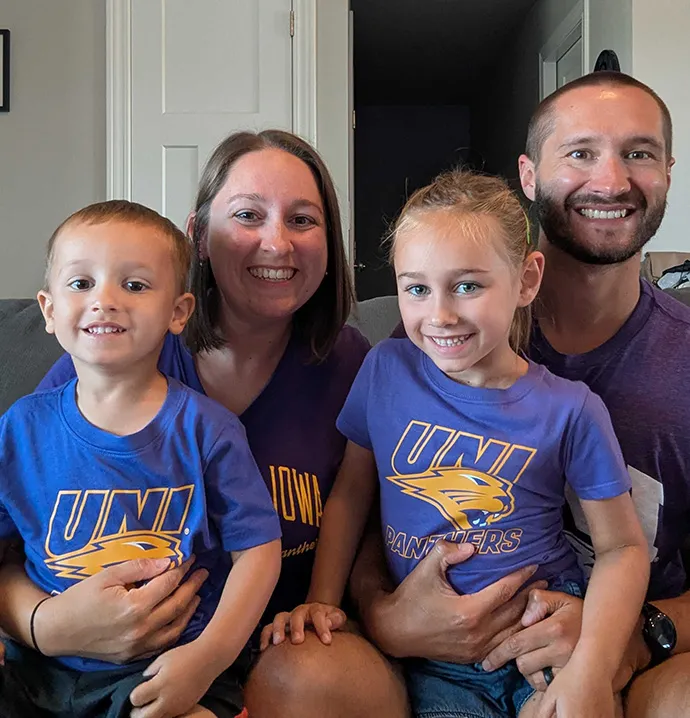What to do with wealth
What to do with wealth
“The man who dies rich, dies disgraced.” – Andrew Carnegie
Not content with income redistribution, many politicians are advocating a “wealth tax” to redistribute wealth. The top one per cent of American households own a large proportion of wealth in America.
Setting aside the issues of whether such a tax is constitutional, whether wealthy Americans can avoid the tax (after all, they can hire top tax attorneys and accountants), or whether such redistribution is good for the economy and society, a wealth tax raises questions for wealthy Americans: What should they do with their wealth?
Many of the wealthiest Americans gained their wealth by serving consumers—Bill Gates, Sam Walton—unlike wealthy people in previous societies, who accumulated wealth by conquest, claiming royalty, and other self-serving but undesirable means. If Bill Gates is adept at finding and promoting products and services that consumers like, we should hope he retains plenty of capital in order to continue doing so. Bill and Melinda are noted for donating large sums to various charitable organizations, but, as economists point out, there is an opportunity cost associated with their largesse. Would society be better off, if they continued to plow their profits back into Microsoft and their other investments instead of donating money to charity?
Andrew Carnegie was a ruthless, savvy industrialist. He was adept at paring costs, lowering the price of steel; his acumen benefited Americans. He had his blemishes, as all people do. His famous aphorism, quoted above, may seem self-serving. Unlike his peers, such as John D. Rockefeller, J.P. Morgan, and James Duke, Carnegie actually fulfilled his aphorism. Upon his death, he left modest bequests to his wife and daughter. There is no Carnegie fortune today, unlike the Rockefellers. He was not interested in ensuring that his children, grandchildren, great-grandchildren, and onto posterity were born rich. I suspect he felt that inherited riches were demoralizing.
Carnegie endowed universities, libraries, and social research, especially after he withdrew from industry. Several small towns in Iowa have Carnegie libraries. To be sure, he made some mistakes in disbursing his wealth, but he insisted upon investing money only after careful investigation and deliberation.
Carnegie was probably unaware that such disparate men as Muhammed and John Wesley espoused the same philosophy. They disbursed their wealth before and upon death. Although Wesley was a minister, he gained large sums from his writings, but he died almost penniless (and not because of indulgent spending).
I suspect that underlying these men’s philosophy was a self-confidence that they knew best how to disburse their wealth. Carnegie, Rockefeller, Duke, and Leland Stanford (who was a true “robber baron”) endowed some of America’s finest private universities. These industrialists would undoubtedly have opposed government confiscation of part of their wealth to be disbursed indiscriminately.
Few of us will attain wealth even remotely similar to Gates or Walton. Each of us, however, probably feels that we are the best stewards of the wealth we’ve earned. We have both the responsibility to disburse such wealthy wisely and, for now, the freedom to do so. The question ultimately becomes, “Who is best at spending your money?” Stated this way, readers may realize, that, as short-sighted and self-interested as we may be, the majority of us would answer, “I am!”
The views and opinions expressed are those of the author and do not imply endorsement by the University of Northern Iowa.




